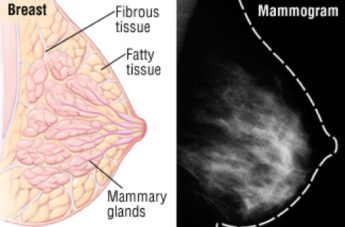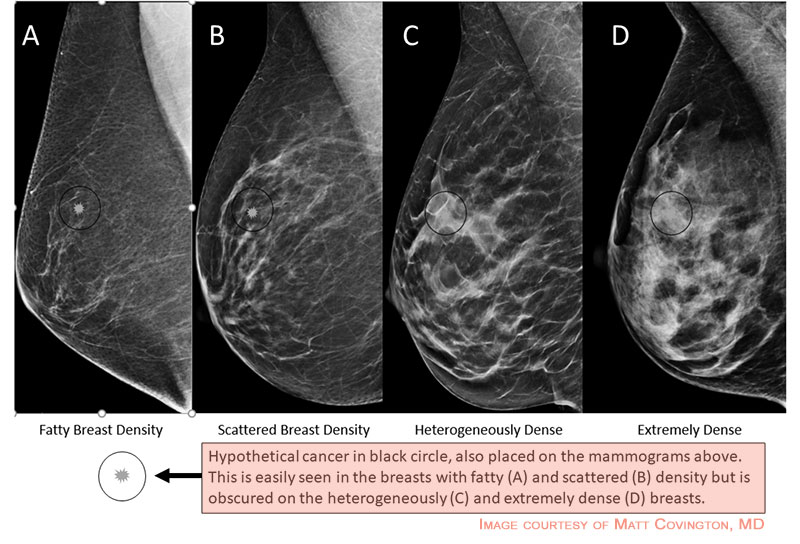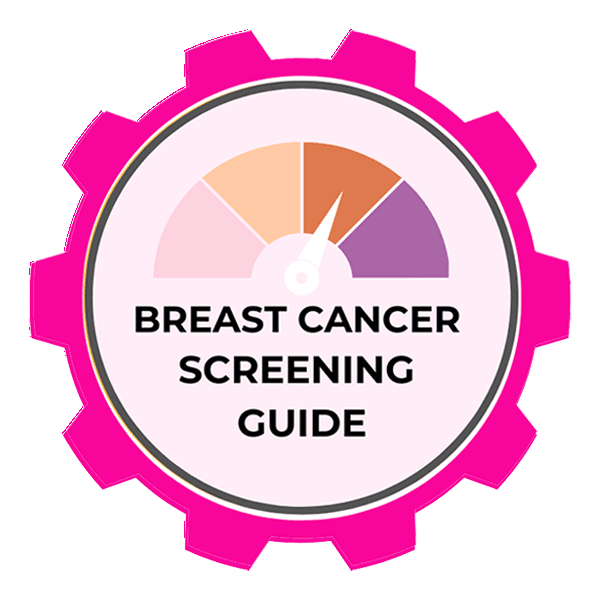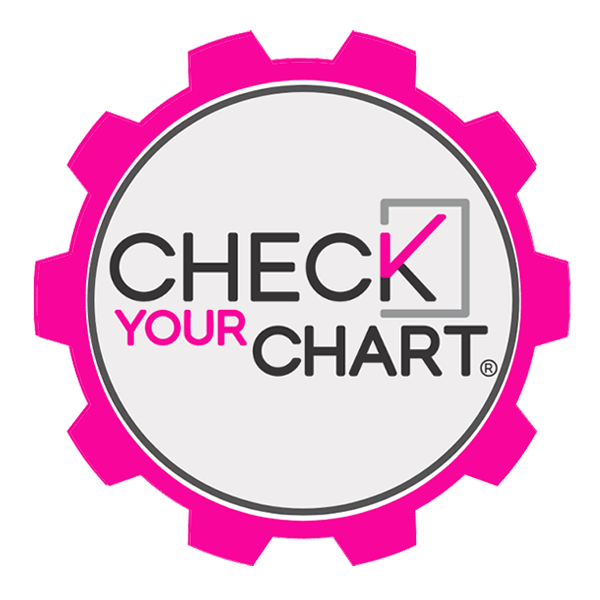By Ashley Inda
Fierce, loyal, kind, courageous, tenacious, dedicated, warm, funny, passionate, selfless, smart and loving are just a few words that described what Gail Zeamer was to all who came to know her. Arguably there is not enough time and words that captures the impact Gail has left on this world. Gail would want this post to share her story in hopes that it would save more lives so that her story doesn’t become yours.
GAIL’S STORY MATTERS
Gail, who was diligent about getting her yearly mammograms, received a delayed diagnosis of breast cancer, Stage IIIC in 2016 at the age of 47. Gail had dense breasts. Despite sharing her growing concerns about her new lumps at her yearly check ups, she did not know she had dense breasts, what the inherent risk factors of having dense breasts were nor did she know that mammograms miss up to 50% of breast cancers in women with dense breasts. After she was diagnosed, she asked her doctor why she wasn’t offered an ultrasound, they stated “that if everyone with ‘lumpy bumpies’ were sent for ultrasounds, the system would be overwhelmed.”
That didn’t sit well with Gail, she wondered, “Why hadn’t I known about my breast density and all the risk factors? “Why hadn’t my doctor talked to me about the risk factors and ordered supplemental screenings?” “What about all the other individuals who have dense breasts? Who is going to tell them? How will they know?”
So while Gail was undergoing chemotherapy, radiation, surgery, etc. to treat her breast cancer, she reached out to her state legislators and shared her story and her concerns about delayed diagnosis of breast cancer in women with dense breasts. After months of advocating, writing op-eds, doing radio and television interviews, providing testimony and meeting face to face with legislators, on April 3rd, 2018, the Wisconsin Breast Density Notification Bill 653 was passed and signed into law.
Gail resumed her busy life as a daughter, sister, wife, mother, friend and speech pathologist. She impacted the lives of children and families in her Birth-to-Three Program. She helped out at church planning fall festivals, and taught religious education. She was there for her daughters Sophia and Claudia in every way, watching them attend college and pursue their dreams. She enjoyed her time with her husband, Steve, and worked on home remodel projects. She took her dog Norman on walks around her neighborhood. She took the trips. She attended the celebrations. She gave her time. She embodied joy and made many more memories.
But she wasn’t done helping out those with dense breasts. She wasn’t done telling her story, educating the masses, and advocating for those with dense breasts who didn’t even know the danger that could be hiding within their dense tissue. With the little free time she had, she continued her involvement in the Wisconsin Breast Cancer Coalition. She again went to her local legislators and said, “Hey, this breast density notification law is just the beginning. Now we are telling women with dense breasts that they might need supplemental screening but they are having to decide ‘do I pay the $1,000 for a breast MRI that may or may not find cancer or put braces on my teenager?’ We need insurance companies to cover most if not all of the costs of supplemental screenings.” AND they listened!
The first version of the bill, in the 2021-22 session (Assembly Bill 416 and Senate Bill 413), included a $50 co-pay for additional screening as a concession to insurance lobbyists. Gail was at it again, working tirelessly writing op-eds, answering interview questions for newspapers, radio and television, and getting those meetings in with core legislators to gain support on the bills.
In the midst of all this she started getting excruciating headaches that eventually landed her in the emergency room and confirmed her worst fears…the cancer was back and it had spread to her brain.
As scared, angry and frustrated as she was to learn this and start the whole treatment process over again…chemotherapy, radiation, surgery, etc. she did not waver. She persevered to get this piece of legislation passed. She believed in it that much, she wanted this for her daughters for all of us. It was worth it if it meant Claudia and Sophia would be protected, would be covered.
Guess what? The bills never made it out of committee, both bills died.
Gail persisted, again she reached out to her local legislators and said, “We are not doing enough. We need to cover the cost of supplemental screening in women with dense breasts so they can have a complete breast cancer screening!” So for the 2023-24 legislative session, Assembly Bill 119 and Senate Bill 121 was created with the original version covering even more additional supplemental screening modalities and NO COST SHARING responsibilities from individuals with dense breasts! Dream bills with the most driven and determined leader Gail at the forefront.
As the cancer spread to her brain, stringing together thoughts and recalling information became increasingly difficult, but she NEVER GAVE UP! She continued her treatments and she continued to FIGHT FOR INDIVIDUALS WITH DENSE BREASTS. She gave up so much of what precious time she had left to the cause. She believed it was the right thing to do.
Sadly, despite having bipartisan support and it being an obvious choice for individuals with dense breasts, Assembly Bill 119 and Senate Bill 121 never made it out of committee, never made it to the assembly or senate floor for an official vote. BOTH BILLS DIED…AGAIN.
Even after the recent round of failed bills, Gail was still strategizing what the next moves should be. Invigorating our policy committee members who were feeling defeated at the failure of our government to do the right thing. Her drive inspired all of us to regroup and try again.
Unfortunately, in the midst of all of this her cancer continued to spread causing more discomfort and seizures. On June 2nd, 2024 Gail passed away at the age of 56 and with it a bright, guiding, driving light was dimmed.
Only dimmed because Gail provided us with maps and tools to navigate this forward and to band together and share our light to see this through.
That’s the magic of Gail, she still presides in all of the past, present and future of this movement.
Gail has left a legacy whose gift will keep on giving for many generations with many of us in the Wisconsin Cancer Coalition joining the movement after reading one of her articles or seeing her news interview on television and we stayed true to her unwavering support. She has saved countless lives with her message and mission, selflessly knowing that it was too late to have the legislation impact her outcome.
Let’s continue to light the way for individuals with dense breasts and honor the love and dedication that Gail showed to this movement, and do the following:
- KNOW YOUR BREAST DENSITY!
- If you have DENSE BREASTS you absolutely need to have supplemental screening for a complete breast cancer screening.
- Reach out to your local legislators and let them know that you support cost free insurance coverage of supplemental screening and imaging for individuals with dense breasts.
- THANK GAIL FOR ALL HER TIME AND COMMITMENT TO THIS MOVEMENT AND SHARE THE INFORMATION YOU LEARNED ABOUT BREAST DENSITY WITH THOSE YOU LOVE AND OTHERS WHO WOULD BENEFIT.
In summary, thank you Gail for your love and light. Your legacy lives on in all of us.
GAIL’S STORY MATTERS

 This creates THE PERFECT STORM that might leave cancer undetected . . . and left to grow and spread.
This creates THE PERFECT STORM that might leave cancer undetected . . . and left to grow and spread.

















 Carmen West is a Senior Global Human Capital & Change Transformation Professional.
Carmen West is a Senior Global Human Capital & Change Transformation Professional.






